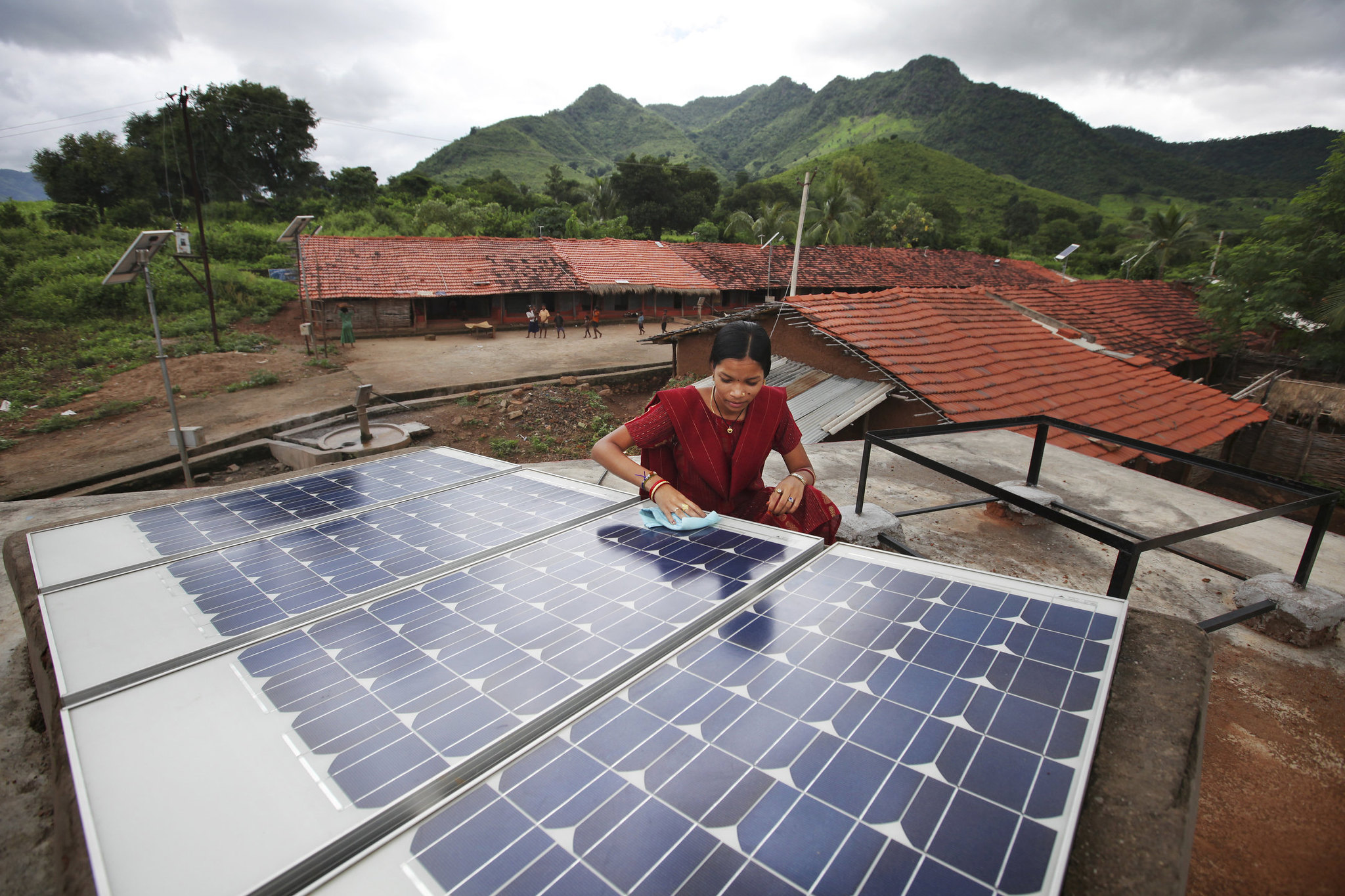Japan’s government and major energy corporations are increasing their operations in Southeast Asia, seeing the region as sympathetic to their gradual approach to decarbonization.
Southeast Asian economies are forecast to grow between 4% to 7% in the next few years, yet local governments have hesitated to put forward ambitious net-zero pledges, fearing business curtailment. With nuclear power virtually non-existent in the region, and renewable energy development still at a nascent stage, Japan’s vision for a less disruptive energy transition that retains coal-fired plants in some form is gaining attention.
The political dimension also plays a role. Southeast Asia wishes to update its energy systems without handing all opportunities to China. Japan represents diversification and does not post a commercial or geopolitical threat. For Japan, good relations with resource-rich nations like Indonesia also help secure future materials supply.
That’s the context in which Japan is trying to sell low-carbon power solutions in the ASEAN region. Unable to scrap coal-fired generation at home, Japan is fending off international criticism by supporting the region’s hopes to adapt rather than eliminate thermal power. While the EU, the U.S. and China are putting effort into promoting renewable energy in Southeast Asia, Japan is giving more attention to local projects around LNG, carbon capture, utilization and storage (CCUS), as well as building supply chain infrastructure for hydrogen and ammonia.

